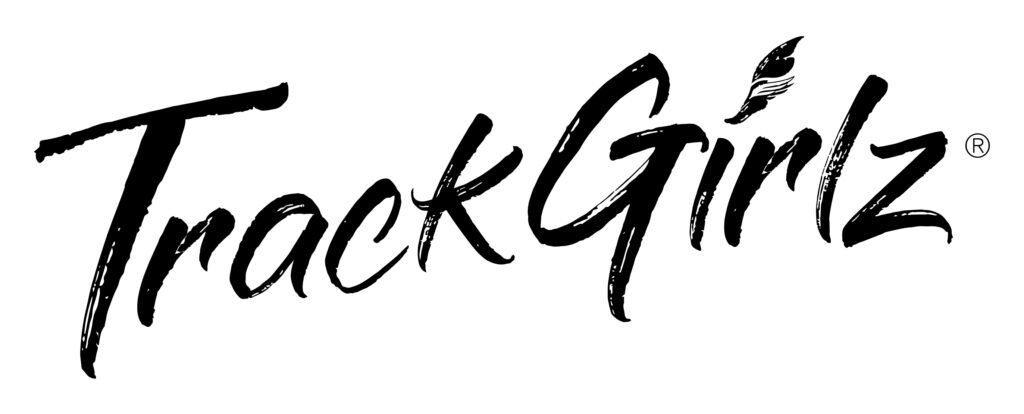May is Women’s Health Month, and at TrackGirlz, we’re using this time to spotlight the stories, struggles, and strength of girls and women in track and field. Because behind every starting block, finish line, throws circle and pit, is a body that deserves to be heard, cared for, and celebrated.
Women’s health is not just about doctor visits and check-ups. It’s about understanding our bodies, advocating for our needs, and breaking the silence around the challenges we face—from menstrual health to maternal care, mental wellness to medical equity.
It’s time we talk about it. Loudly, proudly, and together.
The Silent Sacrifices of Female Athletes
For years, female athletes have shown up and performed—even when their bodies were struggling in silence.
Symptoms like irregular periods, extreme fatigue, digestive issues, or persistent pain are too often brushed off as “normal.” But they can signal deeper health issues that deserve attention:
- PCOS (Polycystic Ovary Syndrome) affects up to 1 in 10 women and can lead to irregular cycles, fatigue, and fertility issues—yet many young athletes remain undiagnosed.
- Endometriosis causes debilitating period pain that can derail training and competition.
- RED-S (Relative Energy Deficiency in Sport) stems from chronic underfueling, affecting everything from bone health to mood to menstrual function.
Athletes are not invincible. And we shouldn’t be expected to be.
“Being an athlete doesn’t mean being invincible. It means being in tune with your body and knowing when something’s not right.”
— Tianna Bartoletta
Hormones, Periods & Performance
It’s time to break the stigma around periods in sport. They’re real, they impact performance, and ignoring them doesn’t make them disappear.
Your menstrual cycle can influence energy levels, recovery, mood, and injury risk. And yet, few coaches or programs openly talk about how to train with your cycle—not against it.
“Periods, hormones, mental health… these things affect our performance. We can’t pretend they don’t exist.”
— Dina Asher-Smith
Whether you’re in your follicular phase and feeling strong, or dealing with fatigue in your luteal phase, learning to track your cycle can help you train smarter—not harder. And for girls who have lost their periods completely due to stress, underfueling, or overtraining—it’s a sign to pay attention.
Mental Health Is Health
Athletes are often praised for being mentally “tough.” But what about being mentally well?
The pressure to perform, deal with injuries, or balance life outside the sport can take a toll. Mental health struggles like anxiety, depression, and burnout are common—but still rarely talked about in competitive settings. We believe in redefining strength. Not as pushing through silently—but knowing when to speak up, slow down, and ask for help.
You are not weak for needing rest. You are strong for listening to yourself.
Maternal Health & Athlete Moms
When Allyson Felix’s sponsorship was cut after her pregnancy, it sparked a global conversation about how the sport treats mothers.
“I’ve learned that my voice is powerful, and I want other women to feel empowered to use theirs too—especially when it comes to their health.”
— Allyson Felix
Felix nearly died during childbirth due to preeclampsia. Her advocacy—along with athletes like Alysia Montaño—has exposed the gaps in maternal care, especially for Black women, and challenged companies to support athlete moms through fair policies, paid leave, and safe training protocols.
Motherhood and high performance can coexist—but only when systems support the whole woman.
Key Focus Areas During Women’s Health Month
Women’s Health Month isn’t just about one issue—it’s about raising awareness for a range of critical health topics that affect women of all ages. During this month, healthcare providers and organizations shine a spotlight on areas such as:
Breast Cancer: Screening, Detection, and Treatment
Breast cancer remains one of the most prevalent cancers among women. Early detection through self-exams, mammograms, and regular screenings can save lives. Women are encouraged to stay vigilant and to seek support through organizations that offer resources on prevention, early detection, and treatment options.
Cervical Cancer: Vaccination, Screening, and Early Detection
Cervical cancer is largely preventable with regular screenings like Pap smears and the HPV vaccine. Awareness campaigns aim to educate young women about the importance of vaccination and regular check-ups, which can catch changes early and lead to effective treatment.
Heart Health: Risk Factors and Lifestyle Modifications
Heart disease is the leading cause of death for women. Understanding the unique risk factors for women—such as menopause, pregnancy-related conditions, and the impact of stress—is crucial. Lifestyle changes, such as regular physical activity, a balanced diet, and reducing stress, can significantly lower the risk of cardiovascular diseases.
Mental Health: Depression, Anxiety, and Stress Management
Mental health issues, such as depression and anxiety, are common but often underreported among athletes. The stigma surrounding mental health can prevent many women from seeking the help they need. Women’s Health Month encourages open dialogue about mental well-being, offering resources on stress management, therapy, and building healthy coping strategies.
Reproductive Health: Birth Control, Pregnancy, and Postpartum Care
Women’s reproductive health is multi-faceted, encompassing birth control, pregnancy, and postpartum care. Women deserve to have access to comprehensive healthcare that addresses these needs. This includes birth control options, prenatal care, and proper postpartum support, ensuring that women have the resources to make informed decisions about their bodies and reproductive health.
Strong Girls, Stronger Futures
Women’s Health Month is a reminder that our voices—and our well-being—matter. Not just on the track and field, but everywhere.
So to all the track girls out there:
- Speak up when something doesn’t feel right.
- Get curious about your body—not ashamed of it.
- Prioritize your health the way you prioritize your goals.
- And remember: rest, recovery, and self-care are part of greatness.
You are not alone. You are powerful. And you deserve to feel good.





Leave a Reply